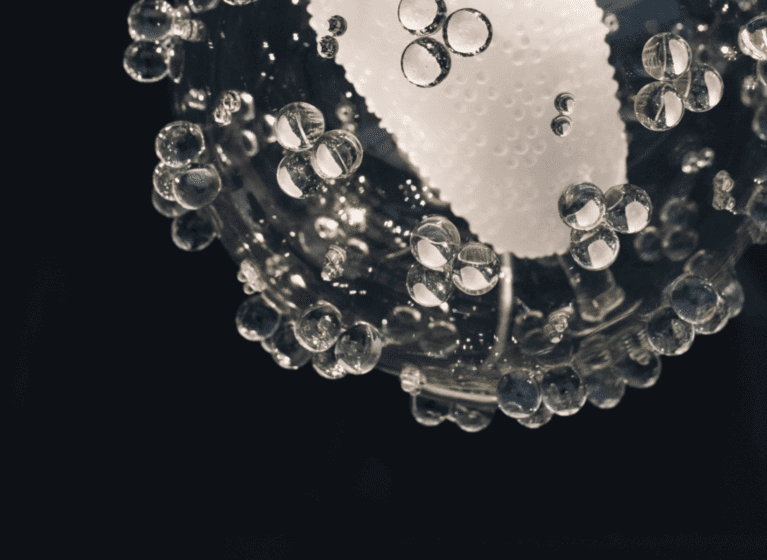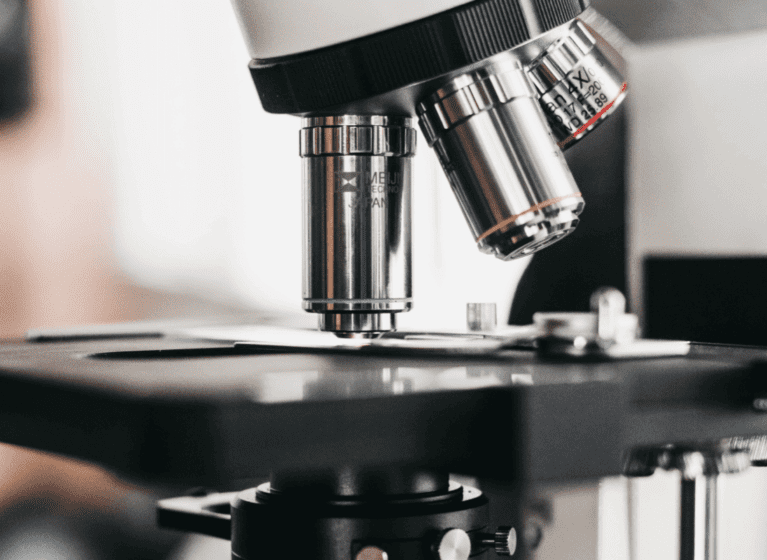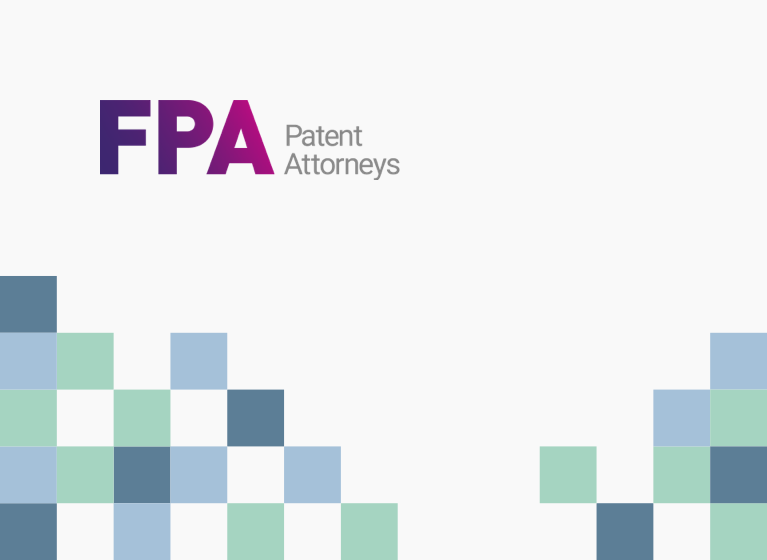US law includes an “on sale” provision which precludes patent protection for an invention if that invention was “on sale” a year before the effective filing date of a US patent for that invention.
In a recent decision of the US Supreme Court (Helsinn Healthcare S. A. v. Teva Pharmaceuticals USA, Inc., 855 F. 3d 1356 (Fed. Cir. 2017)), a question arose as to the scope of the “on sale” provision and whether this scope differed under the America Invents Act (AIA).
At question was whether the sale (or offer for sale) of a product before the filing date of a patent could invalidate that patent if that sale did not result in a public disclosure of the invention. The US Supreme Court upheld the pre-AIA precedent concluding that “a sale or offer of sale need not make an invention available to the public to constitute invalidating prior art”.
The facts of the case
- Helsinn Healthcare (Helsinn) was the patentee of a number of US patents directed to various dosage forms of palonosetron to treat nausea and vomiting.
- Helsinn entered into a license agreement and a supply and purchase agreement with MGI Pharma to distribute, promote, market, and sell 0.25 mg and 0.75 mg doses of palonosetron in the US.
- The agreement between Helsinn and MGI was announced in a press release. However, the details of the dosage forms were kept confidential.
- Nearly two years later, Helsinn filed US provisional applications to cover the 0.25 and 0.75 mg doses of the drug.
- Teva Pharmaceuticals sought approval to market a generic 0.25 mg palonosetron product.
- Helsinn sued Teva for infringing its patents, including US patent 8,598,219 which claimed priority from these provisional applications, and which fell under the AIA.
- Teva asserted that US patent 8,598,219 was invalid since the 0.25 mg dose was “on sale” more than one year before Helsinn filed the original provisional patent application for that dosage.
- The Supreme Court ultimately finds that consistent with pre-AIA law, the sale of palonosetron to MGI placed the invention “on sale” despite the requirement for confidentiality; and as such the patent was invalid.
What does this mean for Australian companies?
Whilst this case is in relation to the sale of a pharmaceutical compound, this same reasoning applies to any product that could be the subject of a patent.
If your product is “on sale” before the filing date of your US patent, then that sale can invalidate your US patent even if your product is not publically disclosed as a result of that sale (e.g. your product is protected by confidentiality agreement).
Whilst this decision is in the context of US patent law, many jurisdictions (including Australia), have provisions whereby secret commercial use of an invention can potentially invalidate a later filed patent.
What is the position in Australia?
In brief, the Australian Patents Act (1990) provides that an invention is patentable if it was not secretly used in Australia before the priority date of a claim to that invention by, on behalf of, or for the patentee.
Generally to assess the secret use, the Australian Courts look to see whether the patentee would have obtained a de facto extension of patent term through that secret use, e.g. did the patentee derive a commercial benefit from secret use of the invention before the priority date of the patent? If so, the patent may be invalid on grounds of secret use.
Examples of secret use include arranging to sell a product to a third party under an obligation of confidentiality, e.g. a non-disclosure agreement. As such, the Australian “secret use” provisions are similar to the US “on sale” provisions.
What do I need to do?
This decision reinforces the importance of speaking with your patent attorney before engaging in commercial negotiations to (i) assess the risk associated with confidentially disclosing your invention to a third party and (ii) potentially file a provisional application to ameliorate that risk.




